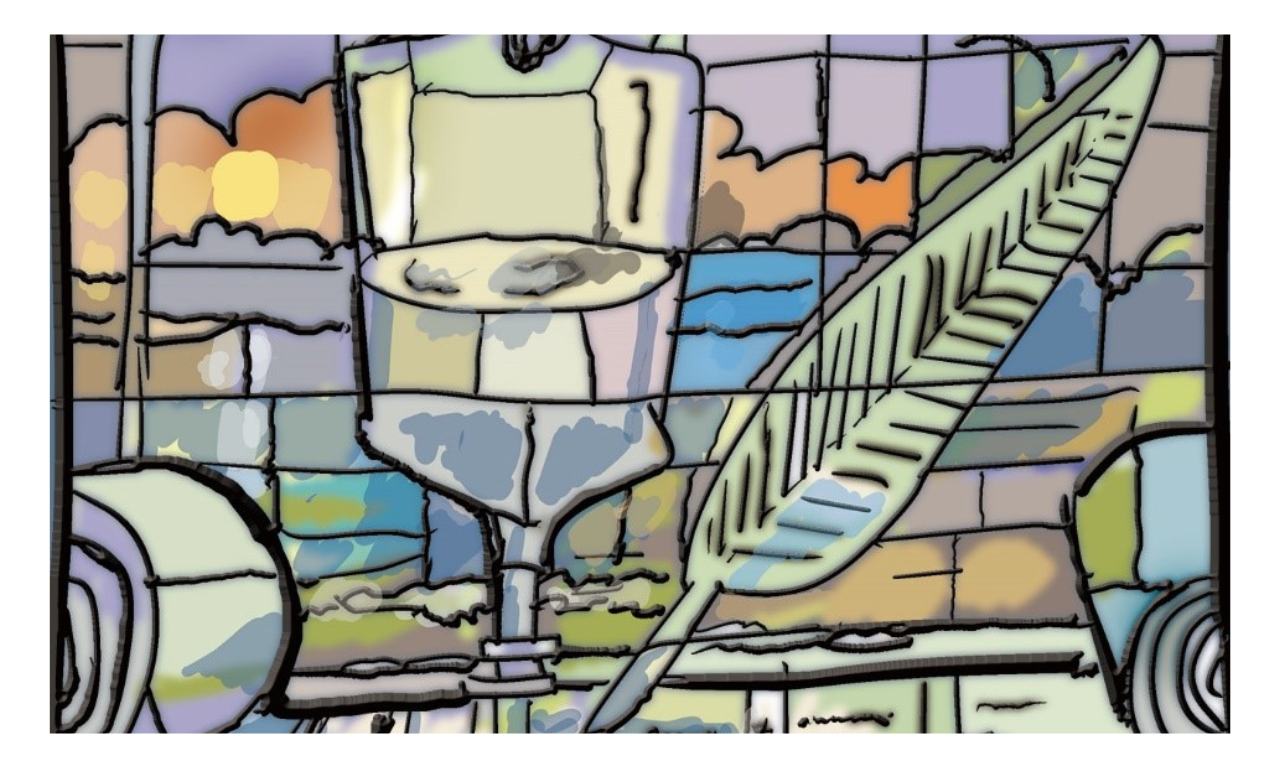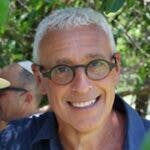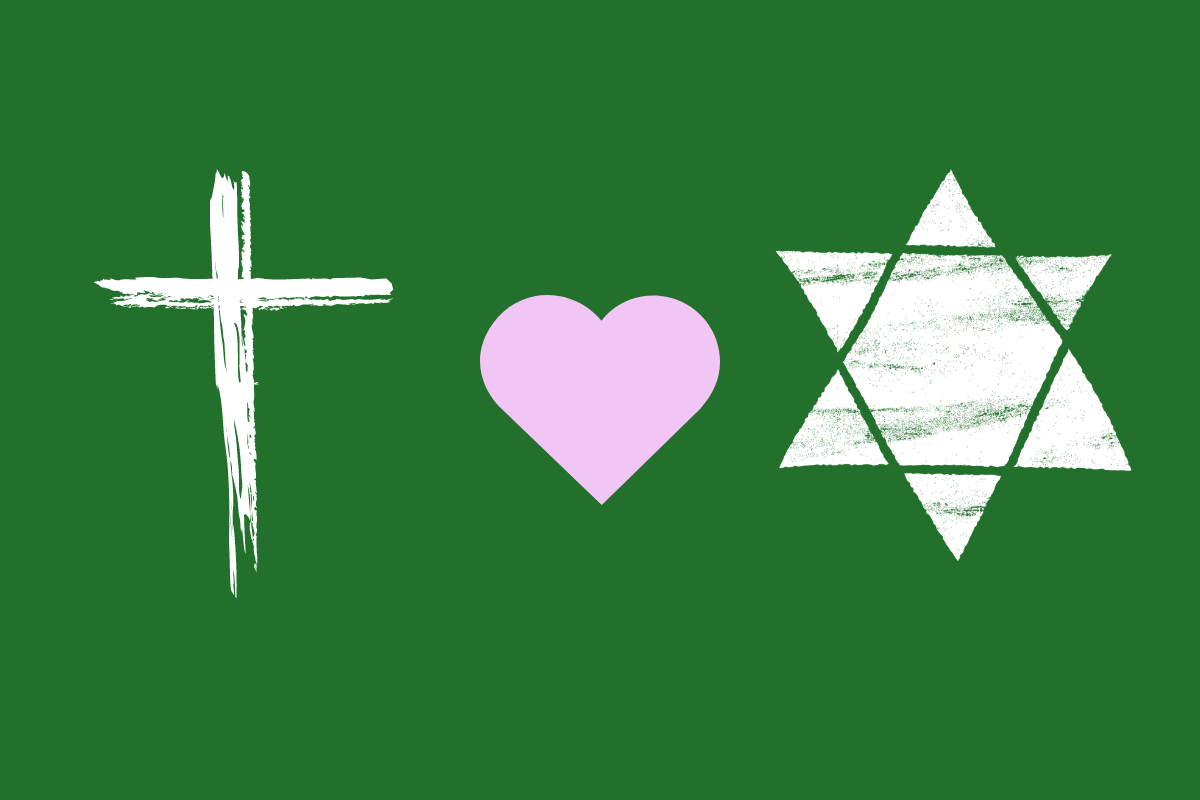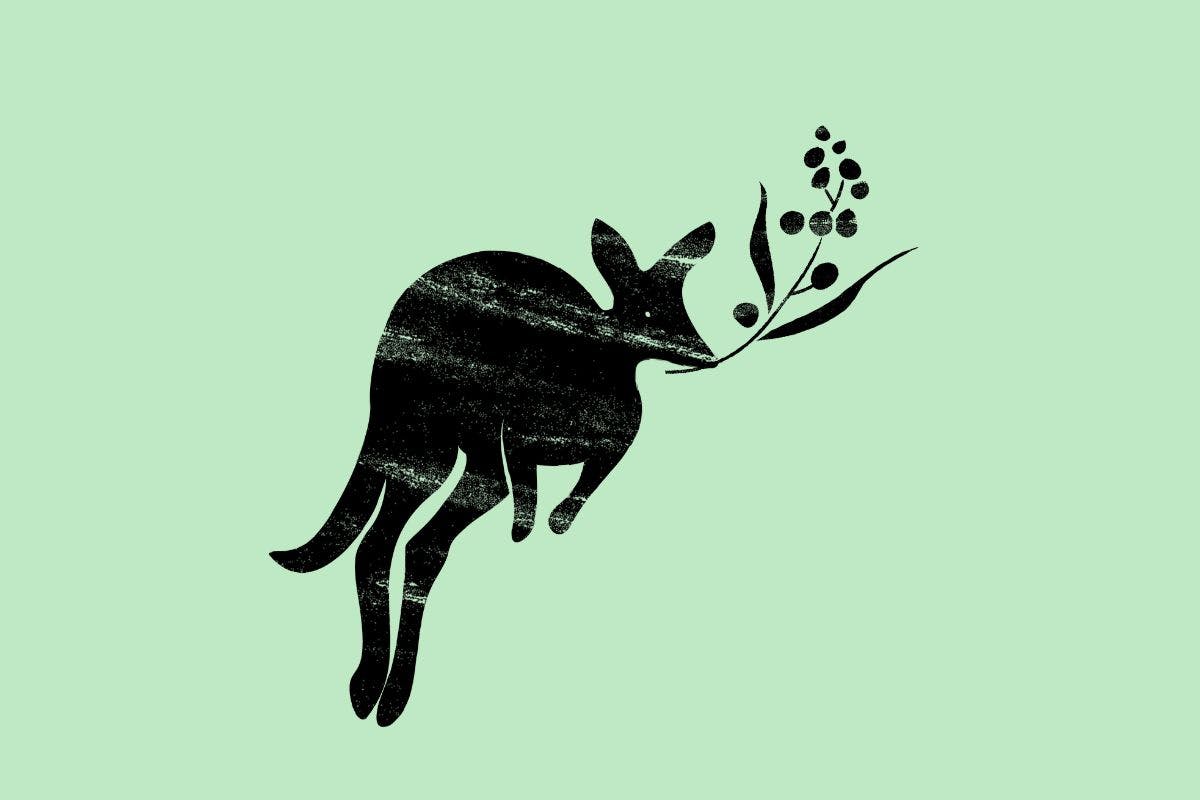Published: 4 October 2022
Last updated: 5 March 2024
Under cancer treatment, MARK BAKER faces the Yom Kippur refrain “who shall live and who shall die” with new insights.
Rosh Hashana famously contains the mythical image of a world created anew and its inhabitants – humans of all beliefs and animals alike – being judged by the Almighty. As each creature passes under the divine rod, God taps them and predetermines "Who shall live and who shall die?"
Given my diagnosis of pancreatic cancer in April, I might naturally be inclined to identify with that image of human passiveness before a majestic God. Thankfully, I am responding well to chemo and my tumours are shrinking, but it’s hard not to feel helpless in the face of an overwhelming cancer decree that has already cut the lives short of my first wife Kerryn and brother Johnny.
But I prefer to take succour from a different interpretation of the song-text. Hailing from Belarus, the Slonimer Rebbe turns the image upside down. It is not God who chooses to write us into the Book of Life or Death, but we inscribe ourselves. Do we want to be part of the renewal of this world, or aligned with its destructive forces?
The one thing I’ve learned this year is that the defining attribute of life is yearning. Living with cancer has heightened my desire to be part of the world and connect to the people I most love; I inscribe myself in the Book of Life because I yearn in the deepest way to wake up each day to the sound of my one year old miracle child, Melila; to the nurturing love of my wife Michelle; to see my three adult children and Melila’s twin nephews and niece, my three grandchildren. I yearn to witness my mother’s suffering cease, and to hear messages of support from my friends.
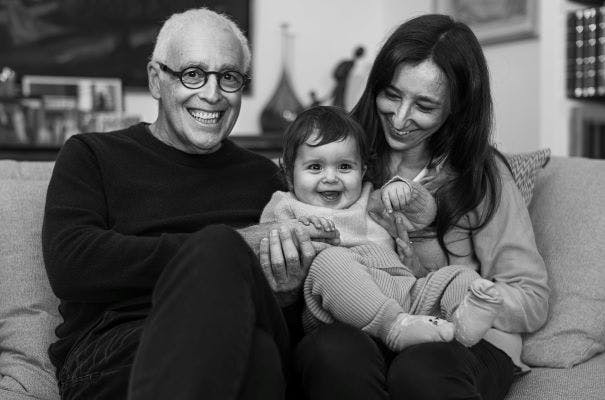
I yearn for the small things that make one feel alive: strolling with Melila on the beach with my neuropathic feet; sitting outside my favourite café sipping a latte and eating breakfast with my family, even though I have to swallow enzyme tablets to digest the meal. I yearn to observe the expanse of the sea forever and wish to see in my lifetime the end of senseless wars and oppression, and a radical approach to climate change and racism in our country. My name is very clearly affixed to the Book of Life not because I believe that by doing so I can defeat the outcome of my illness, but because my desire to renew the world courses through me.
On the surface, Yom Kippur is more challenging for someone facing the prospect of dying. It asks of us to perform a pantomime of death by dressing in white – like the tachrichim or pure garb in which we will all be buried – and by depriving ourselves of the vital signs of life such as eating and bathing.
Why then do I hope to rush to Kol Nidrei directly from my weekly chemo, depleted, but determined to hold our family Torah at the bimah? The easy answer is that the atavistic tunes of the liturgy trump the story, overshadow it with its soulful lament that I have missed so deeply in the last two years of COVID.
But even with those beautiful and haunting melodies, the confronting themes of Yom Kippur can’t possibly escape me; in fact, they disturb me in their central motif that God balances each of our deeds on the scales in order to determine who will make it past the coming year, most poignantly, mi bekitzo – who will be cut off in the shortness of their life, and who will live till old age?
I have encountered many well-wishers in the mould of Job’s counsellors who clumsily offer false comfort by saying we are all dying, but some of us can glimpse our horizon, as though we are all in the same boat, the terminally ill and the healthy.
Yet Yom Kippur is compelling precisely because it turns a trite consolation into a profound insight. While it focuses on individual repentance, its liturgy is written in the plural form. A prayer composed in the singular, the rabbis rightly foretold, neglects how intertwined we are, not only in a time of plague, but in the ways that we individually contribute to the collective need to save our planet, or fight for a form of government that acts humanely.
Ashamnu, Bagadnu, we bleat in alphabetical rhyme, listing the ways we have collectively sinned, and then enumerating a detailed confession whose net not even the most righteous believes they can escape, except for the most arrogant who is ensnared by the sin of arrogance.
In an age of COVID, we can perhaps better understand what happens when the balance between the individual and collective is misaligned. The cynical politics and hypocritical electioneering of our times has erased the ethos at the start of the pandemic of civic responsibility. Even with mask mandates, most of us once accepted that each of our breaths is intermingled and inseparable in preserving the wellbeing of one another. A mask, like the construction of the Yom Kippur liturgy, is the great leveller. A mask makes us faceless because the image of the other is reflected in our own face. So, too, with our entreaties for forgiveness.
Our Talmudic rabbis ask: Where are we ultimately going? They do not give the easy answer we might expect, that we are headed to a comfortable resting place in Club Gan Eden. Instead, they terrify us with the sobering truth. Our end is a pit filled with worms and maggots. That is the human condition. In the same vein, our lives are likened by our sages on Yom Kippur to a broken shard, flying dust, a dissipating cloud.
But despite this, the rabbis conclude that what ultimately matters when we confront the prospect of our end, is how we have lived: ”Know before whom you stand”, they command. Be it God, or an inescapable mirror that is positioned before us from the moment we are born, it is our deeds that will determine how we will reconcile ourselves to our death. While illness can make us rethink our lives, it is usually too late to avert the decree we have written for ourselves day by day, year by year.
That is why on Yom Kippur we rehearse our deaths, so that we should never forget that the actual drama is staged in the way we live, with ourselves and each other. We make our own purgatory, and conversely paradise, because at the end of our days we cannot escape the testimony that is gathered on the scales for us to see.
